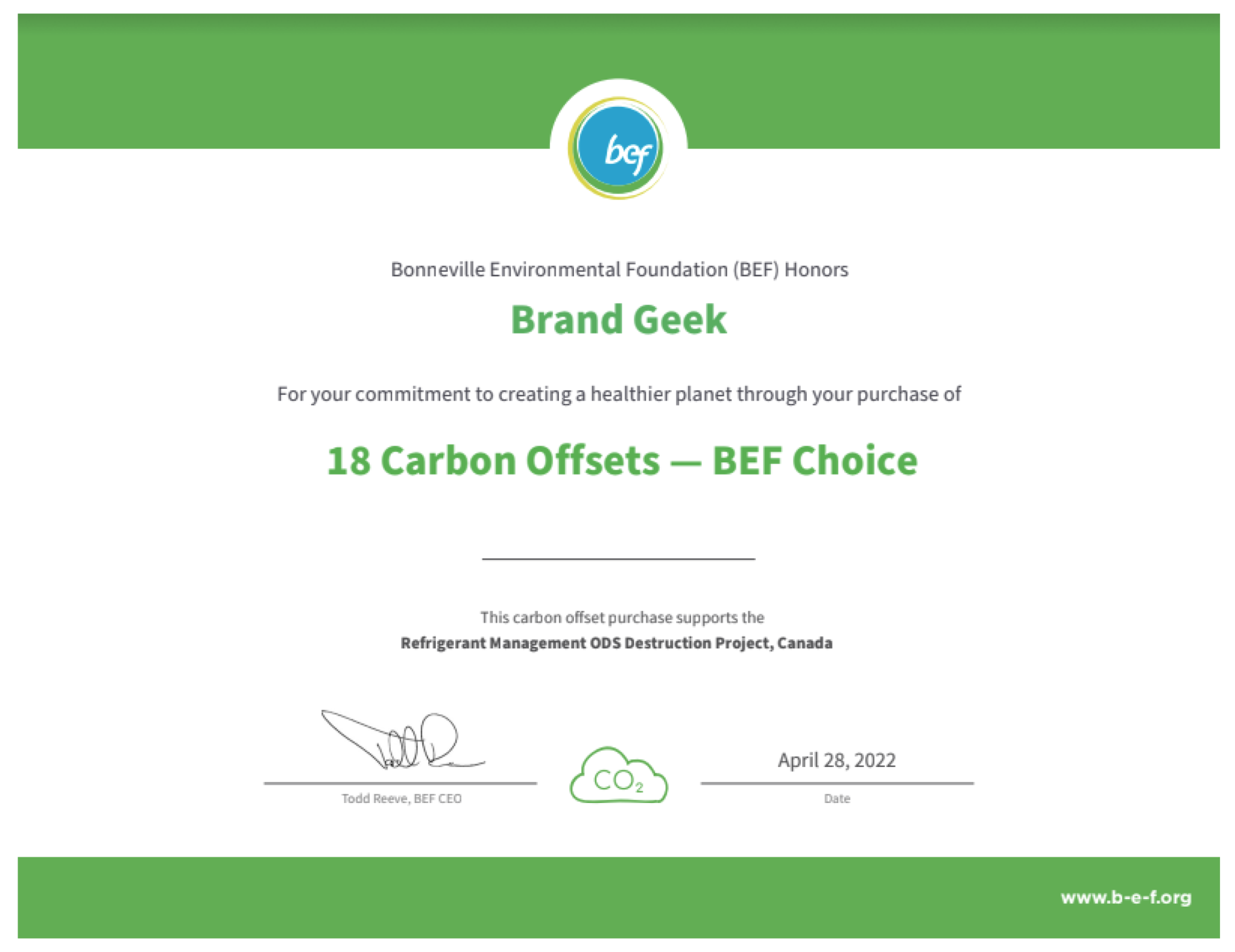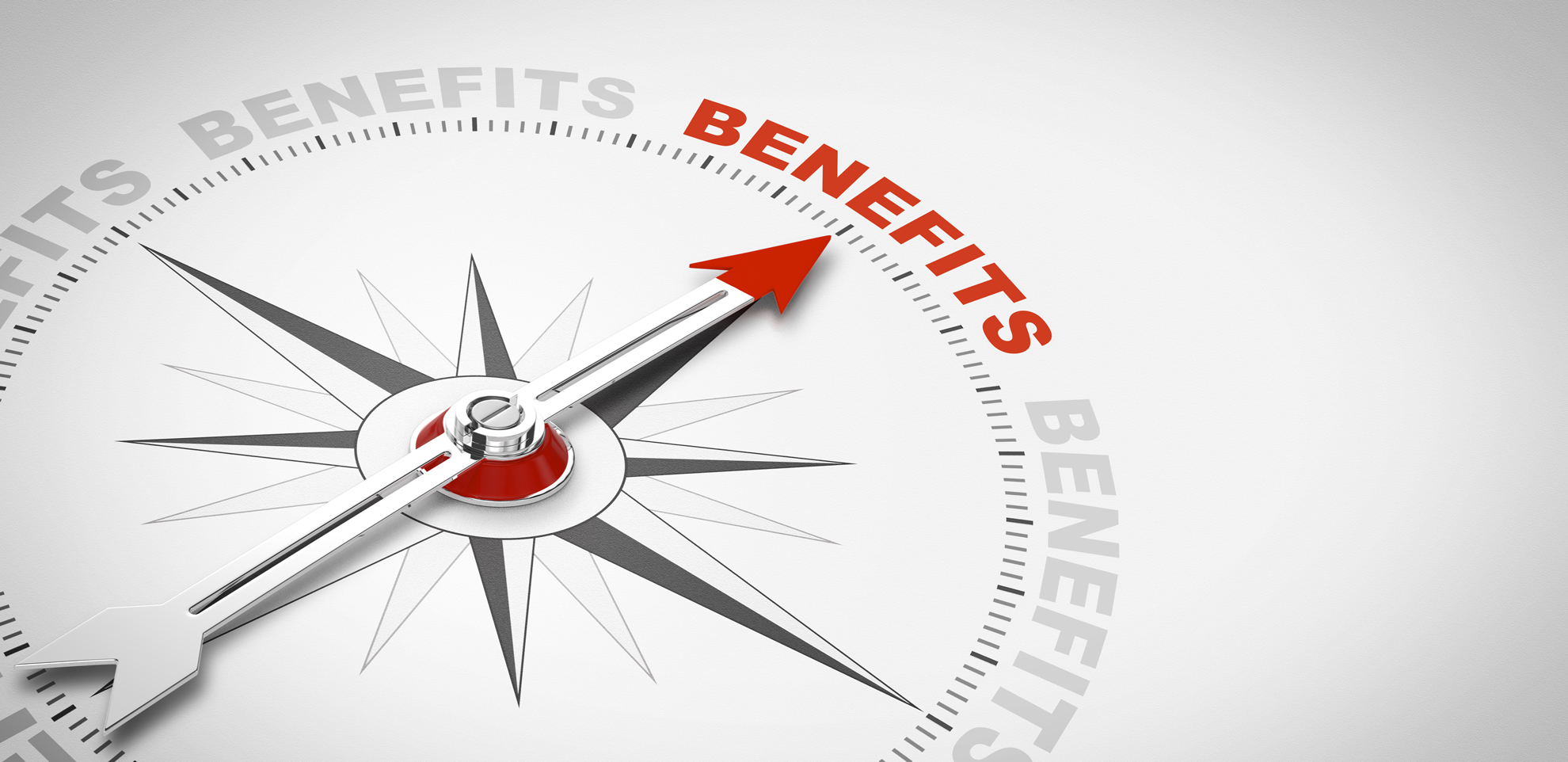Brandgeek proudly supports Mountain Area Preservation and is humbled to be…
Sustainable Brands London – Hopping the Pond to Bridge the Gap
KoAnn Skrzyniarz, CEO and Founder of Sustainable Brands (SB) opened the conference by sharing a bit of the background on how we got here. KoAnn and her team have been working on this gathering for many years. SB launched in 2006 to reframe the conversation about the obligation of business and brands as one of opportunity and innovation. The evidence is clear that there is significant momentum around this community globally — this year alone over 300,000 people joined the conversation facilitated by Sustainable Brands through its website, social media circles and events. This event is a landmark bringing Sustainable Brands to Europe, which would not be possible without SB’s sponsors: Unilever, Dragon Rouge, BASF & Ogilvy. KoAnn thanked her Staff, Advisory Board, Sponsors, Speakers and Attendees for making this week’s event possible.
Over 450 people from 25 countries registered to attend SB London and over 1000 people from 50 countries are participating though the live stream, demonstrating the increasing importance and momentum of sustainable business and brands worldwide. SB intentionally focuses on brands, as they possess the right skills, relationships and resources to create change at the right time — which is now.
Business is uniquely positioned to deliver value, but brands define our values. Brands play a significant role in reshaping the future and steer us back to the things that are really valuable. Driving the world to a sustainable economy requires an ecosystem shift and brands can create alignment in that ecosystem to get us the alignment we need through the right resources. Brands represent the purpose of being of every business and possess more resources than all the world’s governments combined, which enables them to create the change we need now. A brand is a promise to consumers. It is first who you are, then what you do and how you do it and only then how you talk about it. Clearly, integrity is key. SB defines a Sustainable Brand as a better brand that endures by respecting and delighting all its stakeholders in both this and future generations.
Sally Uren, Deputy Chief Executive of the Forum for the Future served as the Master of Ceremonies for the morning. She expressed hope of inspiring us to push our brands further and faster towards the goal of sustainability. (Go, brands. Go!!)
First, author and sustainability expert Paul Gilding spoke of the future of civilization. Paul has spent 30+ years in sustainably and admits that by most performance metrics he has been a total failure (I must say he seems to be holding up quite well for someone who has just experienced 30 years of failure). Fortunately, never has he been so excited about the opportunities presented by the current ecological crises. While it can be quite overwhelming and despairing, we need to own up to the reality that we are facing an ecological crisis at the same time that business is more highly disrespected than ever in society. As Paul eloquently stated, “in technical terms, we are in deep shit.” Given this, we need a complete transformational change.
We are at the pinnacle of denial regarding the scale of the crisis that we face. Luckily, this is habitual and happens during all crises — we remain in denial until we get swept up by inevitable change. The UK’s carbon budget requires the country to completely transform the economy away from oil & gas in 20 years or it will be doomed. Paul sees this as a beautiful thing since it presents an enormous opportunity for business, brands and humanity to rise to a new level. Given the scale of the crisis, we cannot continue pursuing incremental change; we must tackle this head on by reorienting business to its true purpose — to improve our lives. Making purpose central in how we think about what our companies and we do is imperative to sustainability. This existential crisis could cause the whole thing to unravel, but a certain path to doom is not inevitable. We have the capacity to do better, should we choose to do so. Gatherings like Sustainable Brands enable us to share best practices and increase our knowledge base from which we can herald transformation.
After Paul, Sally introduced a panel of researchers who have contributed to the conversation on Untangling the Consumer Attitude/Behavior Gap — the difference between what customers say they want and what/how they actually consume.
Charlie Attenborough, Managing Director of International Advertising for National Geographic (NatGeo) spoke of the Greendex 2012 Survey of Sustainable Consumption commissioned by NatGeo and Globescan on Consumer Choice and the Environment. The survey queried 17,000 consumers about transportation, purchasing, food, housing and consumer goods and offers a comprehensive view of worldwide sustainably. Discouragingly, 2012 is the first year in which sustainability has decreased.
Unsurprisingly to most of the SB audience (by a show of hands), US consumers rank last amongst sustainable consumers. Consumers in emerging markets are most likely to expect global warming to worsen and negatively impact their health, while Americans are more concerned with economic impacts of global warming. Those individuals with the best Greendex scores also are most likely to believe that their individual actions are insignificant, which indicates that their actions are based on peer pressure, health concerns and guilt.
Joe Staton, Director and General Manager GfK Consumer Trends, shared a few of the findings from his firm’s annual GreenGauge survey. Consumers are becoming more interested in what companies are actually doing rather than what they say they are doing. The top 3 things people want from companies are: (1) providing good jobs; (2) being environmentally responsible and (3) providing for the health and safety of its stakeholders. Ultimately, we have to work within these constraints in order to change the world.
Raphael Bemporad, Founding Partner and Chief Strategy Officer at BBMG announced today’s launch of BBMG’s new consumer study report, Re: Thinking Consumption, Consumers and the Future of Sustainability. The Regeneration Roadmap examines the role of consumers – which Raphael prefers to call human beings — in creating a more sustainable economy. The study examined 6 countries: the U.S.; Brazil; UK; Germany; India & China. 2/3 of the respondents said that we need to consume less and a majority also said that we need to consume better — by purchasing products that are good for society or the environment. The study may be seen at theregeneationroadmap.com/research/consumer-study/
Next, David North, the Executive Director of the Sustainable Consumption Institute shared his views on the ripeness of business to address the sustainably challenge. This is especially so because business is good at identifying and responding to trends. However, David suggested that we must approach the sustainability conundrum differently by looking at what business is less good at and by looking at problems to which we don’t know the answer and addressing them in a collaborative manner. When it comes to the value action gap, David suggested that we view people too much as individuals and also tend to be too isolated in our approach, since many of these challenges need to be addressed by a collaboration of businesses, governments and NGOs on a systems wide basis. He suggested that there is something to be said for collaboration and helping people to think and act as communities.
To wrap up the panel, Sally asked each of the panelists what one thing they would tell brands to do differently when they get back to the office after the conference. Charlie suggested that people communicate internally and think long-term to raise awareness and create more of an embedded and ingrained culture of sustainability. Joe recommended that we meet people where they are and speak to them accordingly, relative to where they are at the moment. David encouraged us all to be brave enough not only to identify the issues for which we do not have answers but also to find the people with whom we can collaborate to discover the answers. Raphael counseled us to consider how might our businesses serve our humanity and how might our humanity serve our businesses? He encouraged us to ponder how we can create better and more delightful businesses.
Closing out the first half of the morning was Benita Matofska, Chief Sharer at People Who Share, which she founded 18 months ago. Benita believes that being a sustainable brand really means being a sharing brand. It is her belief that a shortage of sharing is what is wrong with the world; there is a sharing gap that needs to be filled. Fortunately, every person in the world has the power to change the world through sharing. And, we are going to have to share to survive.
In a sharing economy, people and planet are front and center. We have to create business models around the sharing of resources. Sharing businesses smartly employ sharing to maximize the usefulness of their physical resources and human potential. The more you share the more have. The potential of this type of collaboration is really empowering from a business perspective. Benita encouraged us to consider how we can share in our businesses and SHARE MORE. To facilitate sharing, you can visit Compareandshare.com.
SB London began as a seed in KoAnn’s mind when she founded Sustainable Brands six years ago. Since then she convened people and organizations to collaborate and share responsibility for nurturing that seed, resulting in the international event that launched in London today. Delightfully, that seed continues to sprout as 1,500 thought leaders from 50 countries convene on the ground here and on-line to share insight and wisdom about leveraging brands for positive change.






This Post Has 0 Comments